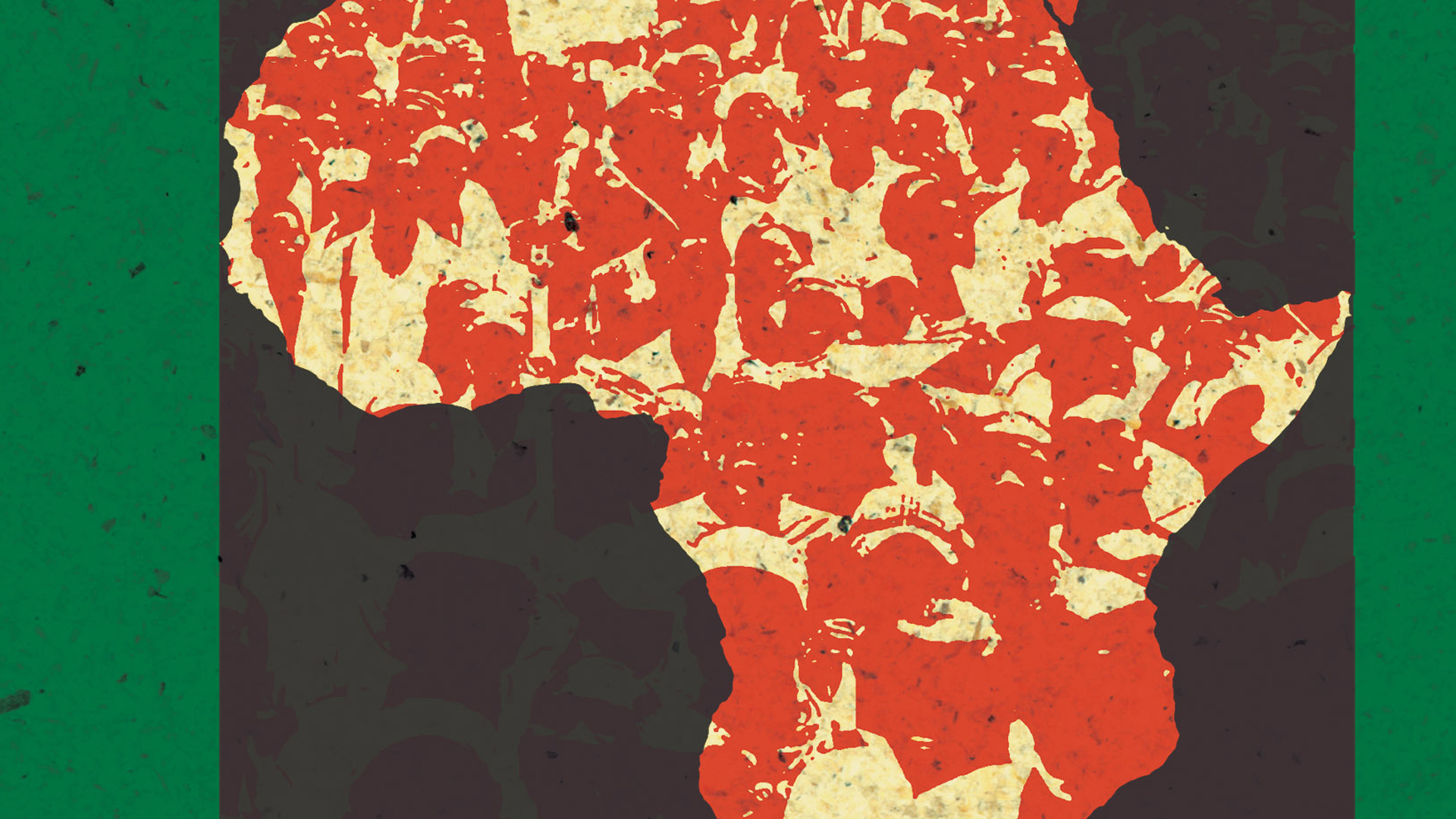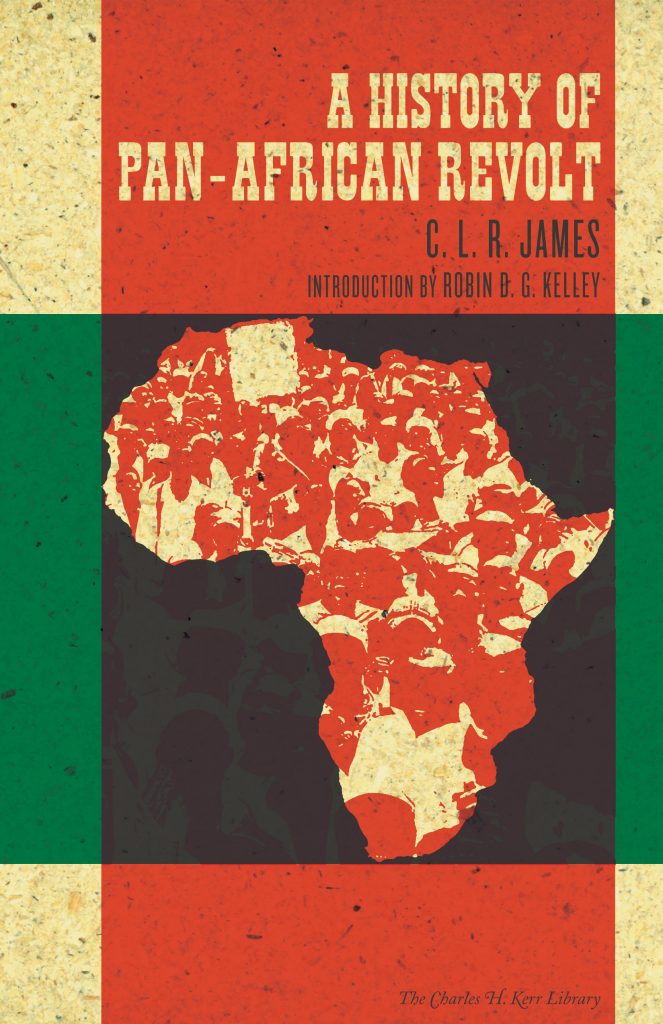By Jason Netek
International Socialist Review
WHEN TRINIDADIAN Marxist C.L.R. James penned his 1938 pamphlet, then called A History of Negro Revolt, he sought to find the common threads between Pan-Africanism and socialism as well as to emphasize the critical role of the masses in their own liberation. His interest was more than historical. The world Communist movement was moving away from actively supporting anticolonial movements in order to forge alliances with so called “democratic” countries with colonial holdings against the rising tide of fascism in Europe. James argued instead that Africans under Italian fascism were “no worse off than under democratic Belgium.” It was no good to try and “put-off” the anti-colonial struggle, because Africans were going to fight their oppressors no matter who they were.
“The only place where Negroes did not revolt is in the pages of capitalist historians,” he asserted against the leading historians who promoted virulently racist depictions of the peoples of Africa and the diaspora as passive savages to be “civilized” by colonialism. His history placed the Black masses where they belonged: at the center of the struggles for their own future as opposed to passively waiting on the sidelines of history for enlightened white people to come out on top. James begins with what he called the “world’s only successful slave rebellion,” the Haitian Revolution of 1791–1804. Here not only did the slaves defeat their white masters on the battlefield, but in terms of political ideology, they were alongside the most advanced republicans in revolutionary France. The Haitian Revolution shattered forever the myth of the African savage in need of white saviors.
Self-emancipation is the thread that runs throughout the entire work; from the struggles of American slaves, to the Garvey movement, to general strikes in the West Indies, to the myriad of rural armed revolts and urban rebellions in country after country across the African continent.
Throughout his history, James tells the stories of the Black masses in their own terms; brilliantly synthesizing the universality of the class struggle with the unique expressions of specific movements, often with strong religious and cultural forms, which were misunderstood by Western revolutionaries. Unlike most of his contemporaries, he sought to understand Marcus Garvey, the man who helped millions of Black people in the United States appreciate and value their shared African heritage. James did more than sympathize with the oppressed; he took them seriously.
James wrote an epilogue to this pamphlet in 1969, when Black Power was shaking a key pillar of the American establishment. At the same time, the colonial hold on Africa was disintegrating rapidly. South African apartheid was being rocked from below. In Ghana, Kenya, and then Tanzania successful anticolonial movements had produced nationalist regimes that aspired to an “African Socialism” which would eschew the exploitative legacy of the states they inherited. James had too much faith in the new African leaders, but he also had a fervent belief in the Black masses themselves who had proven their ability to make their own history time and time again.
Walter Rodney called James’s book “a mine of ideas advancing far ahead of its time.” Written at the dawn of World War II, updated in the tumult of the 1960s, and reissued by numerous publishers in the decades since, A History of Pan-African Revolt remains relevant because the struggles it chronicles were waged against systems of oppression that persist today.







